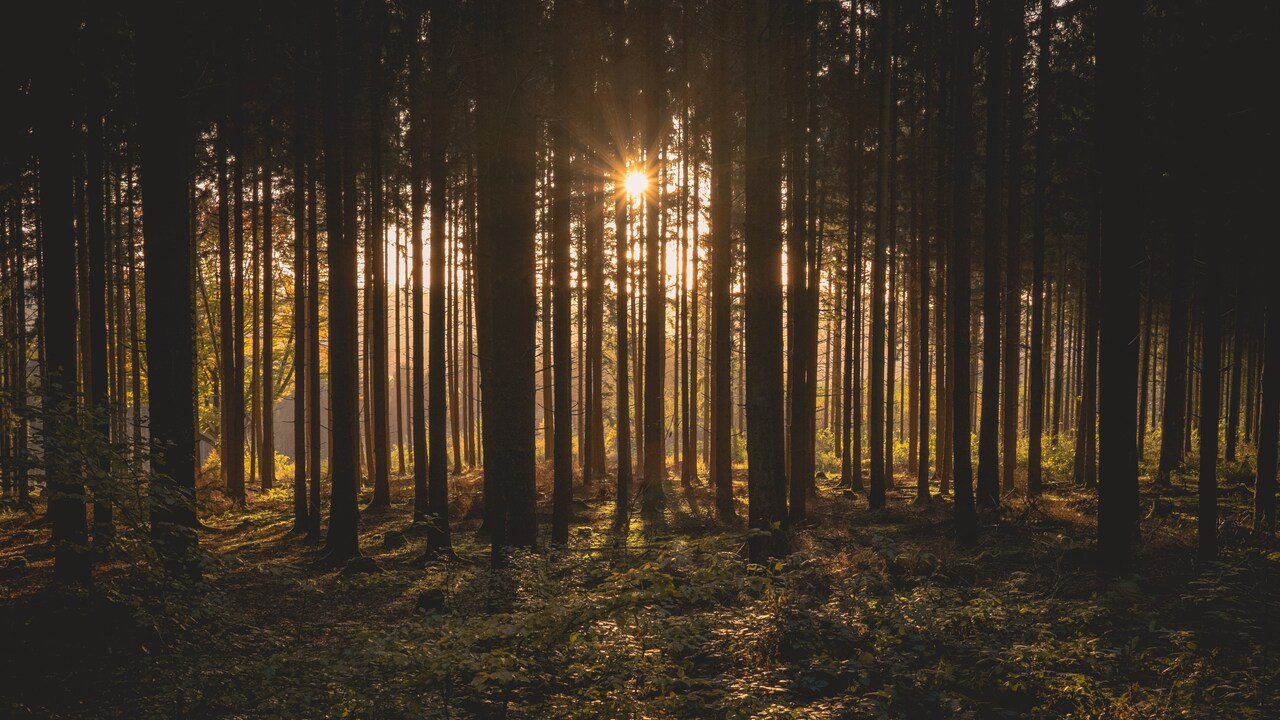Staff at Sirius University of Science and Technology are beginning work to create a modern geobotanical map of the region’s vegetation. They aim to find out how the ecosystem is affected by climate change, human activities and previously introduced plants. According to the university press service, the project aims to preserve unique local plants and create a “green platform” for landscaping the area.
The number of plant species in the region has decreased in the last decade due to the construction of Olympic facilities and climate change. Scientists will conduct a series of studies to describe the flora of the region and assess the impact of introduced plants on local ecosystems. To accurately identify species, it is planned to use DNA barcoding, which will provide a more detailed understanding of how new plants compete with native plants.
The study will also include analysis of the biological diversity of microorganisms in the soil. Plants introduced to new areas change soil conditions, which in turn affects the composition of the microbial community. The project is led by Alexey Rozanov, who believes that the results of the study will help assess the impact of humans on nature. Plans also include creating a herbarium and compiling a list of native plants suitable for landscaping to reduce maintenance costs and maintain a healthy ecosystem.
Source: Ferra
I am a professional journalist and content creator with extensive experience writing for news websites. I currently work as an author at Gadget Onus, where I specialize in covering hot news topics. My written pieces have been published on some of the biggest media outlets around the world, including The Guardian and BBC News.











